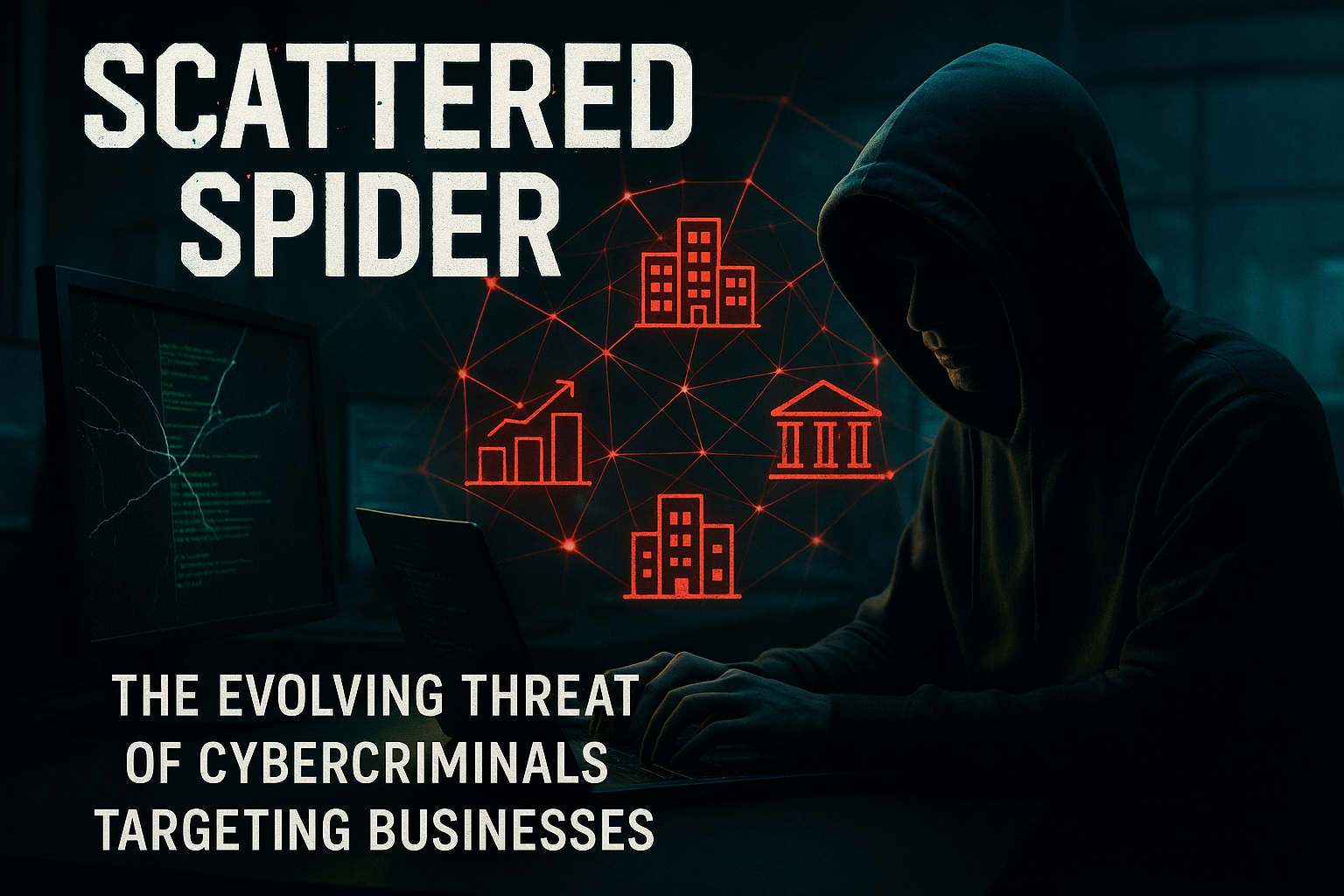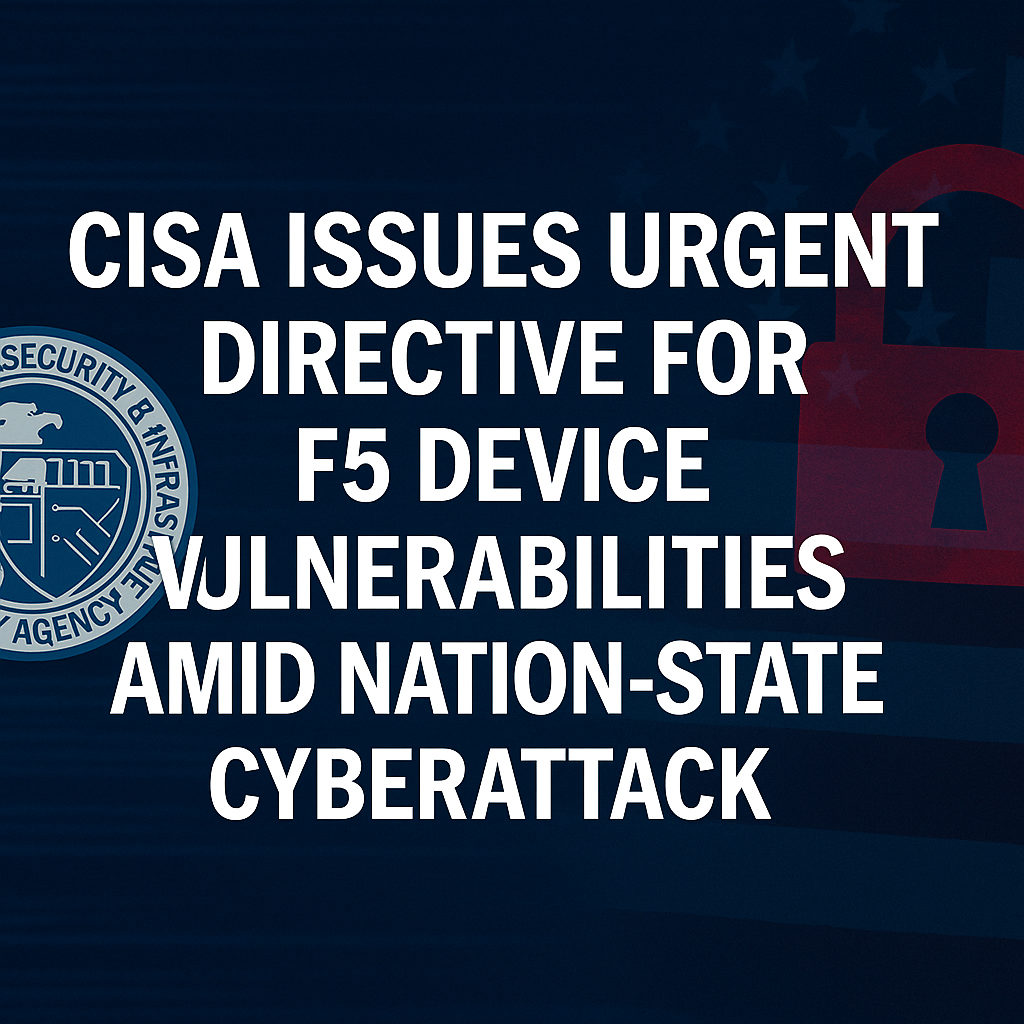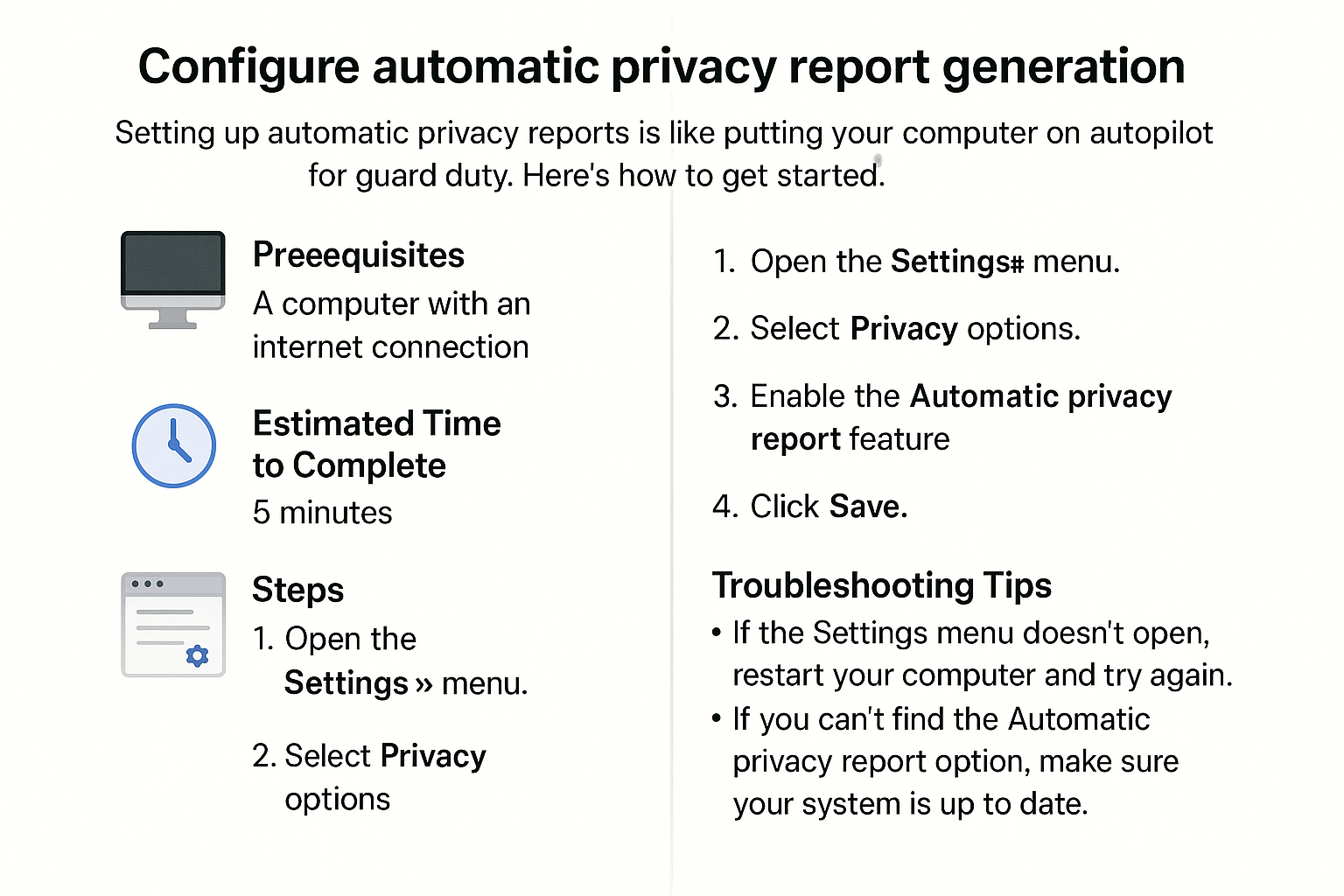Scattered Spider: The Evolving Threat of Cybercriminals Targeting Businesses
In a significant warning to businesses worldwide, a joint Cybersecurity Advisory released by multiple international agencies—including the FBI, CISA, and cybersecurity centers from Canada, Australia, and the UK—has highlighted the growing threat of the cybercriminal group known as Scattered Spider. This group is notorious for targeting large organizations, often compromising their contracted IT help desks to gain unauthorized access to sensitive information and systems. As of June 2025, their tactics, techniques, and procedures (TTPs) have continued to evolve, posing a serious risk to commercial facilities and critical infrastructure sectors.
Timeline / Background
The advisory first emerged on November 16, 2023, detailing initial findings regarding Scattered Spider's operations. The group, also referred to by various names such as UNC3944 and Oktapus, employs advanced social engineering tactics, phishing, and multiple malware variants to infiltrate and exploit their targets.
Updates to the advisory have tracked the evolving methods of Scattered Spider:
- On November 21, 2023, the advisory was updated with new password recommendations.
- By July 29, 2025, law enforcement identified new TTPs that included sophisticated social engineering techniques and the use of new ransomware variants, such as DragonForce. The group has been found to engage in data theft for extortion purposes and utilizes various means to monetize their access.
Technical Details (in plain English)
So how does Scattered Spider operate? The group typically initiates attacks through phishing campaigns, tricking employees into revealing their login credentials or installing malicious software. They often impersonate IT help desk staff, either through phone calls, text messages, or targeted emails, to manipulate staff into sharing sensitive information.
Once inside a company’s network, Scattered Spider employs various legitimate remote access tools to maintain control. They may also leverage malware like Raccoon Stealer or DragonForce ransomware to exfiltrate data or encrypt files, demanding a ransom for their return.
One of the most alarming tactics involves the exploitation of multi-factor authentication (MFA) systems. For instance, they may use tactics like sending repeated notifications (known as MFA fatigue) to trick users into giving access or conducting SIM swap attacks to gain control over an individual’s phone number, thus bypassing security measures that rely on receiving one-time passwords (OTPs).
Broader Context
Scattered Spider is not an isolated case; this pattern of cybercrime reflects a broader trend in the cyber threat landscape. Similar disturbances have been noted with ransomware attacks targeting various organizations, including healthcare and finance sectors, leading to substantial operational disruptions and financial losses. The cybercriminal groups often operate across borders, raising complex challenges for law enforcement and making it imperative for businesses to stay vigilant.
Expert/Agency Input
According to the advisory, agencies have emphasized the importance of adopting stringent cybersecurity practices to counter these evolving threats. Recommendations include implementing application controls, auditing remote access use, and utilizing phishing-resistant MFA solutions to bolster defenses against tactics employed by groups like Scattered Spider. The advisory clearly states that businesses must not rely solely on traditional security tools, as threat actors continuously develop new methods to evade detection.
Impact
For ordinary users and businesses, the implications of Scattered Spider's activities are profound. Compromising a company’s IT help desk can lead to widespread data breaches, loss of proprietary information, and financial extortion. The advisory indicates that the group’s goal is not just data theft but also creating chaos and fear among businesses, leading them to comply with ransom demands under pressure.
What Readers Can Do
To protect themselves, businesses and individuals are encouraged to take several proactive measures:
- Implement robust password policies adhering to NIST guidelines, ensuring passwords are unique, long, and complex.
- Switch to phishing-resistant MFA solutions to enhance authentication security.
- Regularly audit and monitor the use of remote access tools within networks.
- Maintain offline backups of critical data and regularly test recovery plans to ensure they function effectively.
By following these recommendations, organizations can greatly reduce their vulnerability to cyber threats like those posed by Scattered Spider.
Closing
The warnings and findings outlined in the advisory serve as a critical reminder of the constantly evolving nature of cybersecurity threats. As groups like Scattered Spider find new ways to exploit organizational vulnerabilities, vigilance and proactive cybersecurity measures are essential to safeguarding both individual and corporate information in the digital age.
References
- Cybersecurity Advisory; National Cyber Security Centre (NCSC), Cybersecurity and Infrastructure Security Agency (CISA)
- Federal Bureau of Investigation (FBI) Reports
- Industry Standards (NIST)
- Various security publications and reports.
- Advisory









